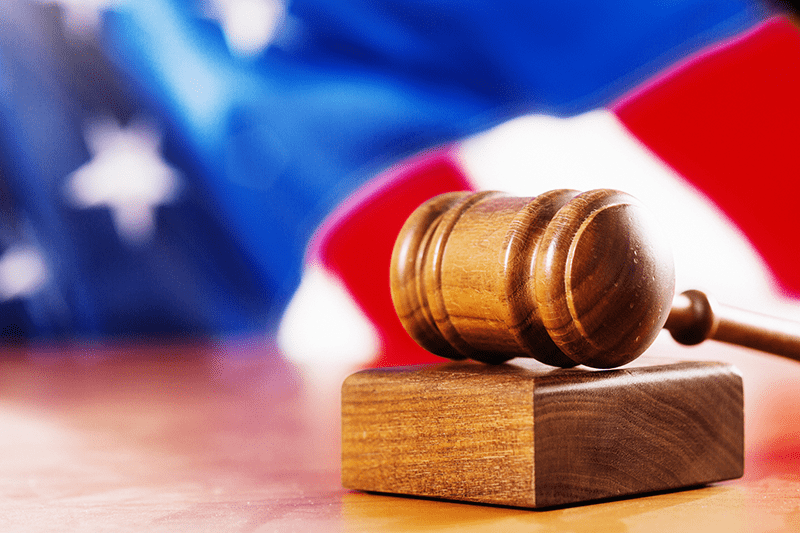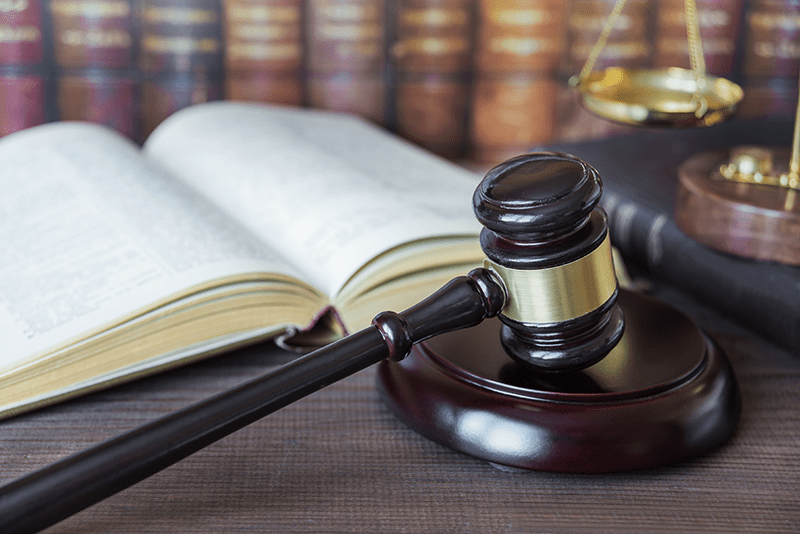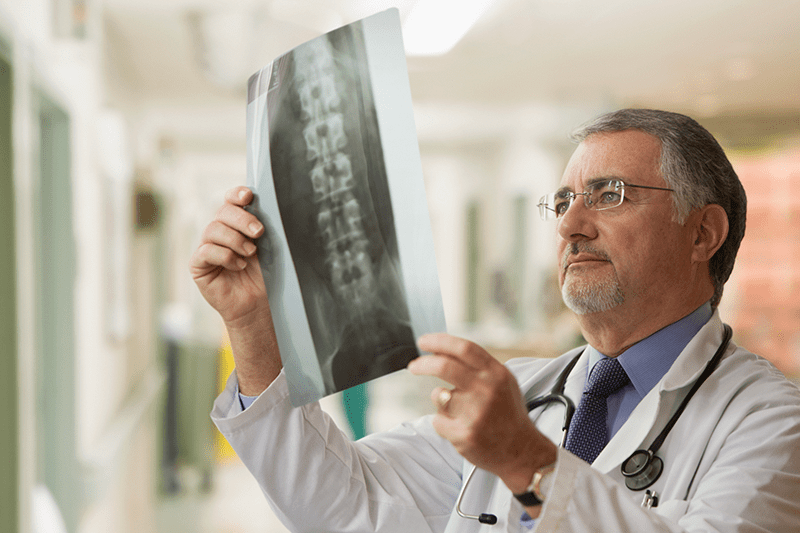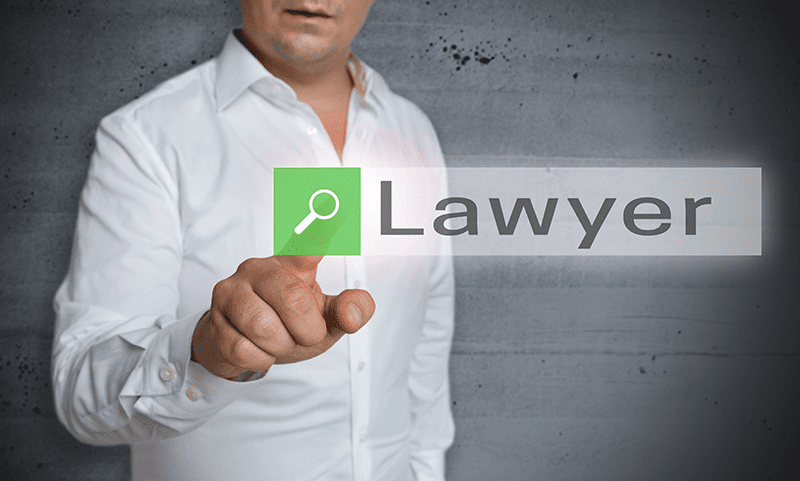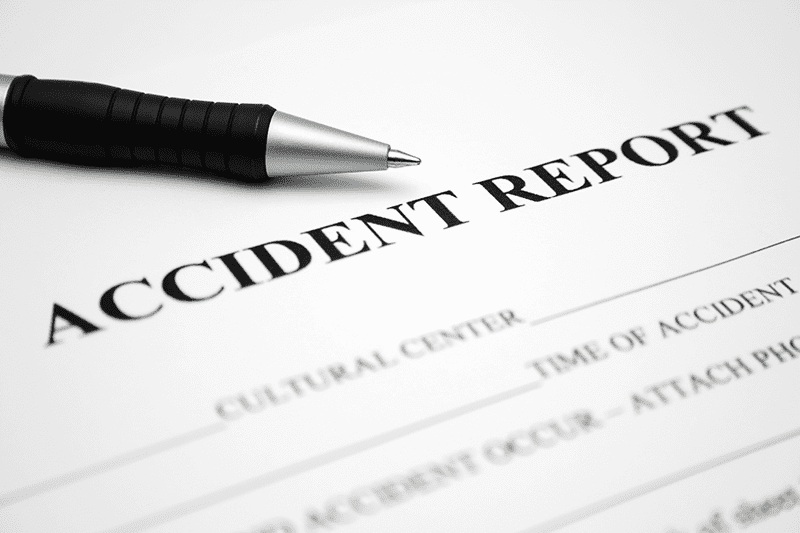To win a negligence lawsuit, a plaintiff must prove each of the elements of a negligence claim. These are 1) that the defendant owed them a duty; 2) that the defendant breached their duty by failing to uphold a reasonable standard of care; 3) that the injury complained of was caused by the defendant’s conduct; and 4) that the plaintiff suffered some actual harm as a result of the injury. Generally, a plaintiff has the burden of producing evidence to prove each of these elements. This means that a plaintiff must produce evidence showing that the defendant’s conduct breached a standard of care and that the breach caused Plaintiff’s injuries.
However, in cases where the circumstances indicate almost certainly that an injury was caused by negligence, a court may presume that the defendant breached a duty even without the plaintiff presenting evidence of breach. This is called the doctrine of res ipsa loquitur, which means “the thing speaks for itself.” Res ipsa loquitur is recognized under Georgia law and can be useful to plaintiffs in certain limited circumstances.
Application of Res Ipsa Loquitur in Georgia
Georgia courts have long accepted the doctrine of res ipsa loquitur. When a court decides to apply res ipsa loquitur, it creates a rebuttable presumption that the defendant was negligent and the burden shifts to the defendant to prove that they did not breach their duty of care. Under Georgia law, res ipsa loquitur can be applied when:
- the plaintiff’s injury is of a kind which ordinarily does not occur in the absence of negligence;
- the injury was caused by an agency or instrumentality within the exclusive control of the defendant; and
- the injury must not have been due to any voluntary action or contribution on the part of the plaintiff.
Although Georgia law has accepted the doctrine of res ipsa loquitur, it is rarely applied. The Georgia Supreme Court held that res ipsa loquitur “should be applied with caution and only in extreme cases.” Res ipsa loquitur is thus an extraordinary remedy for plaintiffs who were almost certainly injured by negligence, but due to a lack of evidence, are unable to prove exactly what the defendant did or exactly what happened.
An example of res ipsa loquitur being applied is the case Atlanta Coca-Cola Bottling v. Engle.. In this case, the plaintiff was injured by a piece of broken glass that came from inside of a Coca-Cola soft drink bottle. Because the evidence showed that the broken glass was inside of the bottle before the plaintiff opened it and that the condition of the bottle had not changed since it left the manufacturer’s control, the court determined that the element of breach could be presumed without any evidence being presented.
Not Applicable in Medical Malpractice Suits
Unlike in most other states, Georgia courts have expressly ruled that the doctrine of res ipsa loquitur does not apply in medical malpractice suits. This is because Georgia law presumes that medical services at issue in a case were performed with due care. In a Georgia medical malpractice case, a plaintiff must always produce evidence showing that the defendant was in breach, even if the injury seems to have been obviously caused by negligence.
For More Information, Contact Williams Elleby Howard & Easter
The experienced personal injury attorneys at Williams Elleby Howard & Easter, have deep knowledge of Georgia tort law. Williams Elleby Howard & Easter, is dedicated to getting accident victims the compensation they deserve. If you would like more information or would like to discuss your case, contact Williams Elleby Howard & Easter, today by calling 833-LEGALGA.
